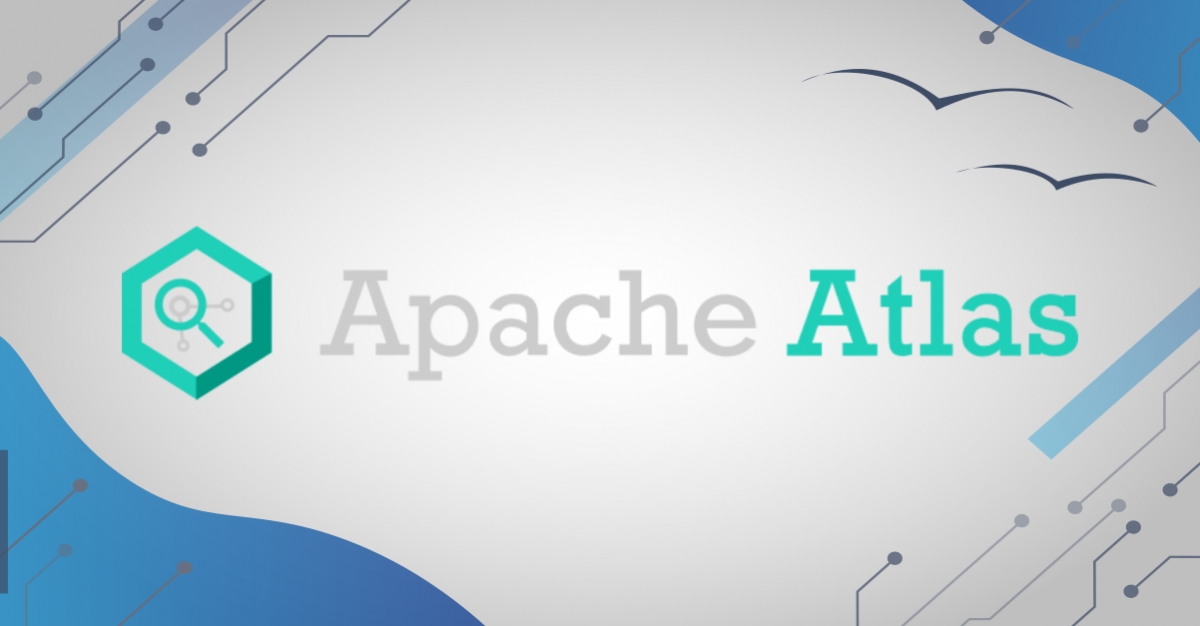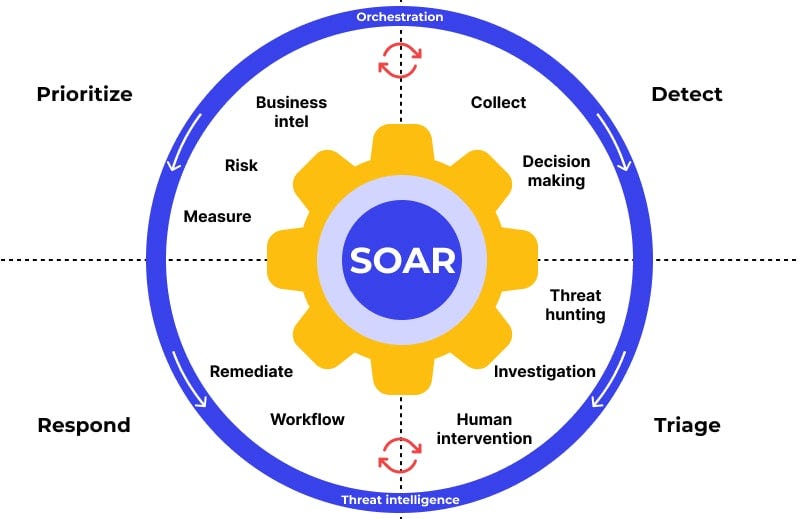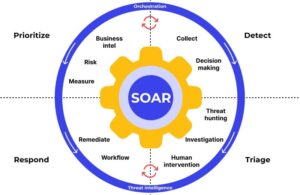What’s Happening with Fedora 41 and Raspberry Pi 4?
Fedora is one of the most popular Linux distributions, covering a broad range of applications, from desktop environments to cloud technologies and robotics. Despite its reputation and strong community support, every Fedora release comes with its challenges. This time, it’s the Raspberry Pi 4 support that is causing delays for Fedora 41’s beta release.
Fedora’s Ecosystem and Work Areas
Fedora isn’t just a single operating system; it’s a whole ecosystem, with each product tailored for different use cases:
- Fedora Workstation: Geared towards developers and professionals, it offers all the tools necessary for modern software development on desktops and laptops.
- Fedora Server: A robust solution designed for managing IT infrastructure in data centers, offering users the latest server technologies.
- Fedora Cloud: A minimalist system image optimized for cloud environments, perfect for lightweight and resource-efficient deployments.
Fedora ranks seventh among popular Linux distributions, according to DistroWatch, trailing behind distributions like Manjaro, Ubuntu, and Debian. However, Fedora remains a top choice for enthusiasts and professionals alike due to its active community and cutting-edge updates.
Key Issues Delaying Fedora 41 Beta Release
Currently, there are at least six critical bugs preventing Fedora 41 from entering the beta phase, and three of them are directly tied to the Raspberry Pi 4.
Sleep Mode Issues on Raspberry Pi 4
One of the primary roadblocks is a bug (ID 2283978) registered in the Red Hat bug tracker in May 2024. This issue affects the Raspberry Pi 4’s ability to exit sleep mode (suspend mode) correctly, causing the system to freeze after a period of inactivity.
Conflicts with Graphics Drivers
Graphics driver conflicts present another significant problem. The Raspberry Pi 4’s GPU creates issues with major desktop environments like KDE and GNOME:
- KDE: The graphical interface for initial setup displays incorrectly.
- GNOME: Using Vulkan leads to crashes in GTK4-based applications.
Absence of Real-Time Clock (RTC)
When updating Raspberry Pi 4 using the command dnf system-upgrade --reboot, errors occur due to the system’s inability to track correct time until it connects to the internet. Without a proper real-time clock (RTC), the system relies on the internet to set the time, leading to failures during the upgrade process.
Recurring Raspberry Pi Issues in Fedora’s Past
These problems aren’t new for Fedora. Back in 2023, during the preparation for Fedora 39, developers faced several critical bugs related to Raspberry Pi 4:
- Bug 2241252: This bug affected the U-Boot bootloader, causing the Fedora Workstation 39 screen to remain blank on the Raspberry Pi 4.
- Bug 2244305: It prevented Fedora Server 39 from booting from an SD card on the Raspberry Pi.
One particular bug from Fedora 39 (ID 2242759) has re-emerged in Fedora 41. This bug hampers the ability to upgrade the distribution on Raspberry Pi 4 using the dnf system-upgrade --reboot command. The issue revolves around incorrect system time, worsened by the lack of a real-time clock (RTC) on Raspberry Pi 4. Without an RTC, the device can’t accurately determine the current time until it connects to a network for time synchronization.
Long-Standing Challenges with Raspberry Pi and Fedora
Fedora’s struggles with supporting Raspberry Pi have spanned over eight years. As early as 2016, Fedora engineers acknowledged difficulties in adapting the operating system for this platform. A key complaint was the limited support for open-source drivers on Raspberry Pi. Despite Raspberry Pi’s reputation for being a platform with strong open-source backing, parts of the firmware and drivers developed by Broadcom remain closed, complicating efforts to create stable solutions for Fedora.
The delay in the Fedora 41 beta release, originally planned for October 22, 2024, is likely to disappoint Raspberry Pi 4 users who work on DIY projects. Issues with graphics drivers and sleep mode pose a serious threat to system stability, and delays in patches could disrupt the timeline for introducing new features. While Fedora developers are actively working to resolve these issues, it’s expected that the x86 architecture release will proceed on schedule, but the ARM version, including Raspberry Pi support, may require further revisions.














Post Comment